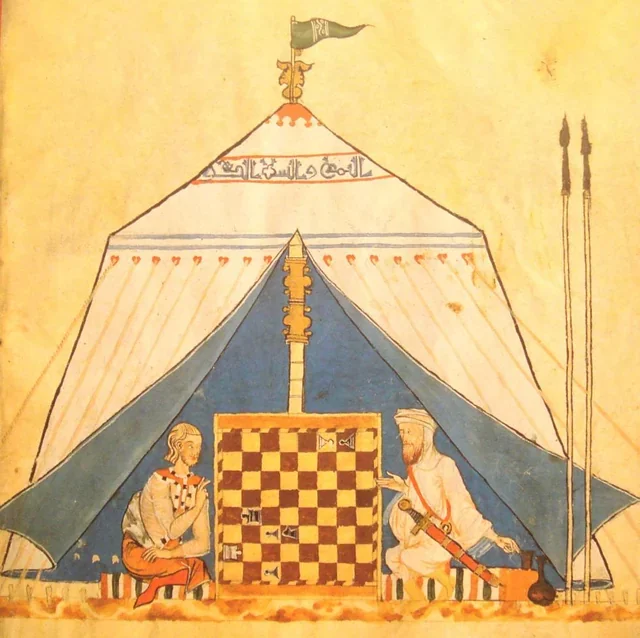Stephen Matthew Elin
I am a Data Scientist with the City of New York and a former Assistant Professor. I hold graduate degrees from Johns Hopkins University, the New School for Social Research, and the University at Buffalo, as well as an undergraduate degree from the University of Massachusetts at Amherst. I have also completed professional programs at Stanford University and the Software Engineering Institute at Carnegie Mellon University. In addition, I have held teaching and research positions throughout the Northeast. My professional affiliations include the Association for the Advancement of Artificial Intelligence, the Association for Automated Reasoning, the Association of Certified Fraud Examiners, the Association for Computing Machinery, the Association for Symbolic Logic, the Game Theory Society, the Institute of Electrical and Electronics Engineers, the European Society for the Study of Western Esotericism, the International Association for Cryptologic Research, the Philosophy of Science Association, and the United States Geospatial Intelligence Foundation.
Representative Publications:
Elin, S.M. (2025). The mathematical machinery of causal inference: from data to decision advantage. Intelligence and National Security, 1-31. https://doi.org/10.1080/02684527.2025.2574789
Abstract: Quantitative intelligence analysis often leans on pattern recognition, but in adversary‑shaped environments correlations can be engineered. Building on Judea Pearl’s structural causal models, this article is makes identification, not estimation, the gate to credible claims. It shows when effects are recoverable from observational data and when leverage—mediators, instruments, modest interventions, or transport adjustments—is required. The framework unifies association, intervention, and counterfactuals and extends to sequential and multi‑agent settings (Elias Bareinboim’s causal reinforcement learning and causal game theory), where strategies are modelled as interventions and evaluated under adaptation. Across operational cases, analysts specify a causal graph, test its implications, determine identifiability, and only then estimate. This identification‑first discipline separates artefacts from effects, hardens AI/ML pipelines against manipulation, and ties analysis directly to ‘decision advantage’: identify → estimate → decide → iterate. The result is an explicit, testable mapping from action to outcome that turns uncertain signals into reliable policy support. Echoing Sherman Kent, intelligence analysis earns trust when it distinguishes observation from inference and states what is known—and unknown—up front.
Working papers:
“Knowing in Hell: Machiavelli, Political Realism, and Epistemic Game Theory”
“Equilibria Under Intervention: Causal Reasoning in Multi-Agent AI”



